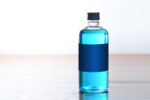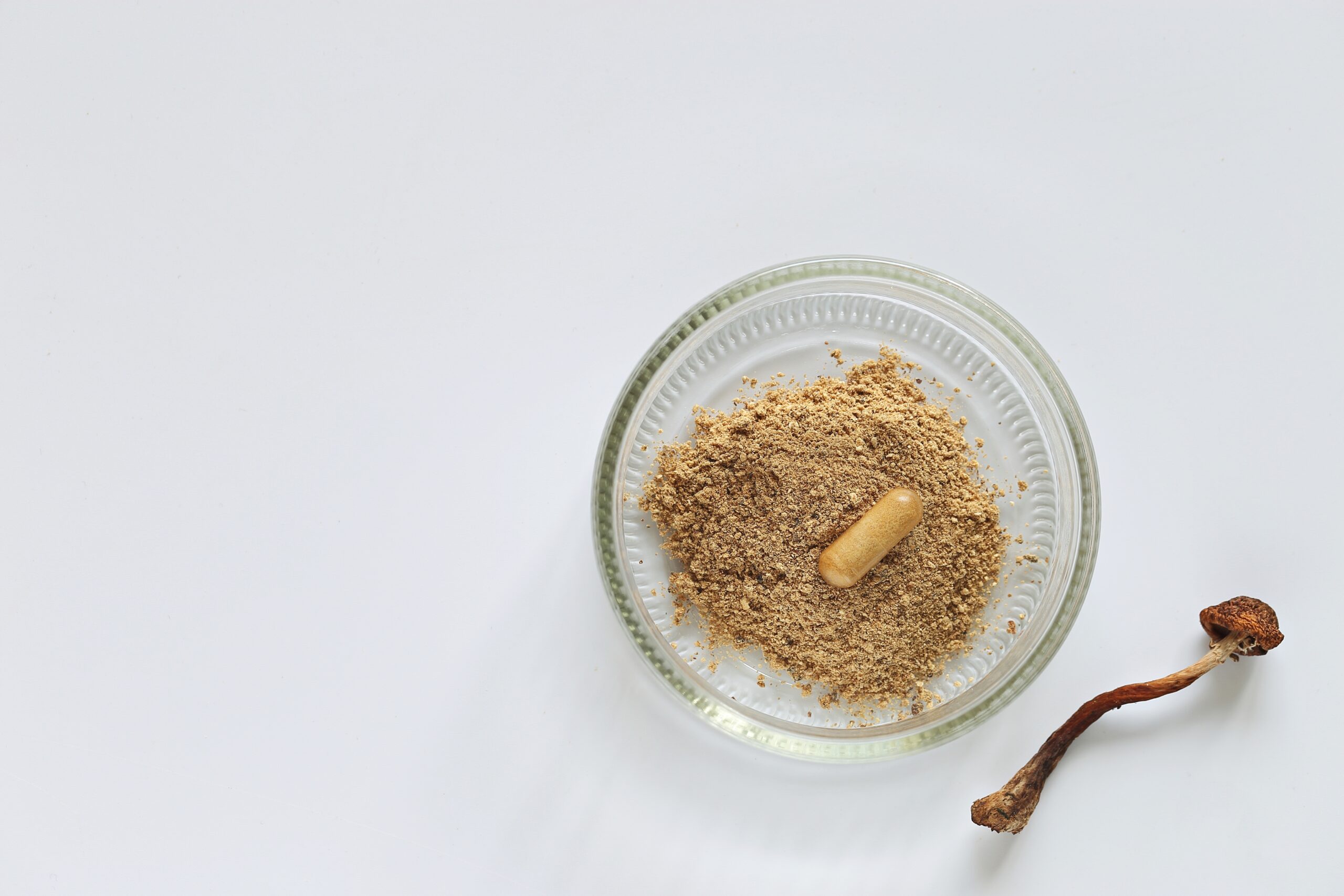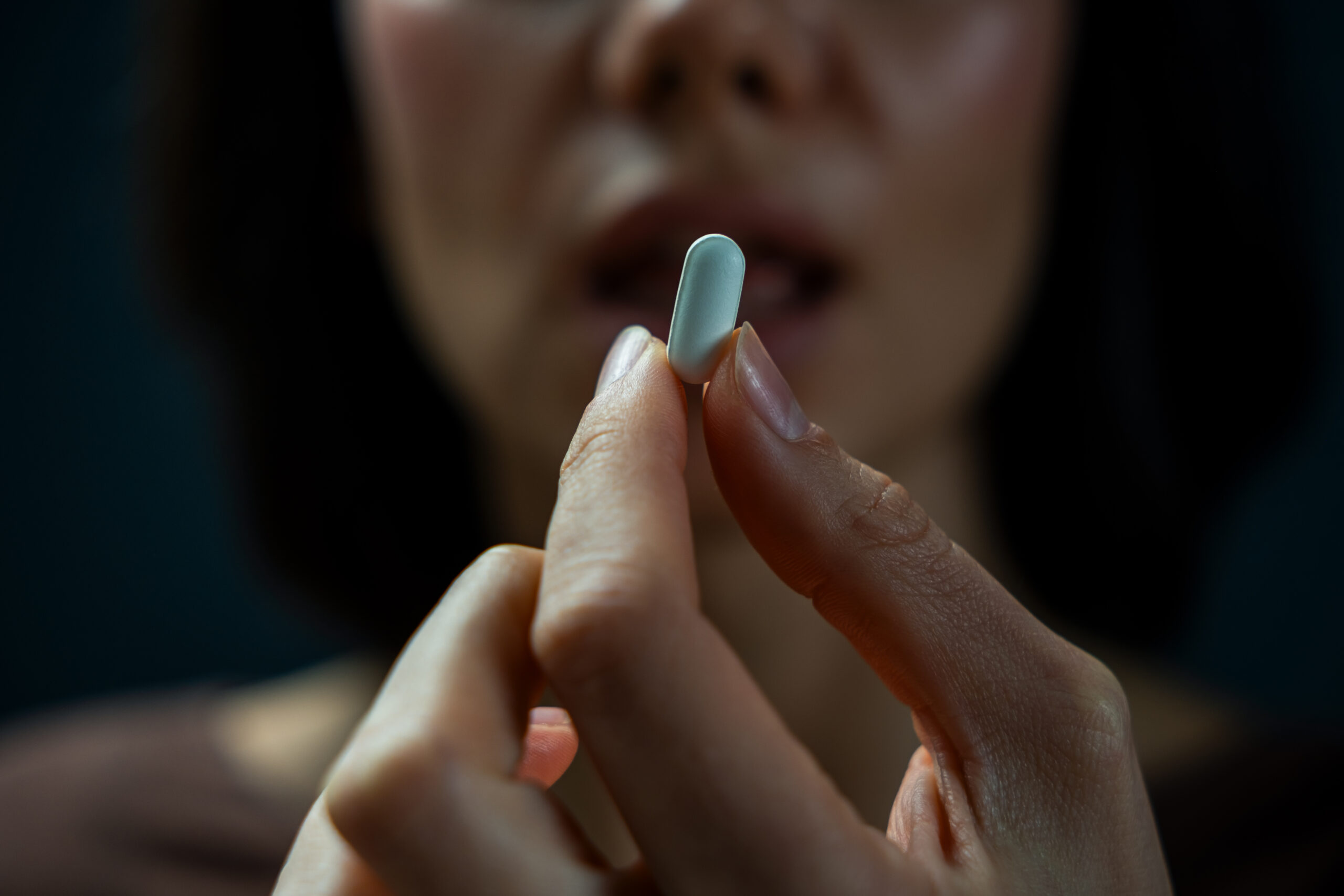“Feel Free”: A Closer Look at the Wellness Shot That Isn’t So Innocent

In recent months, a small blue bottle labeled Feel Free has quietly found its way into yoga studios, coffee shops and therapist waiting rooms. Marketed as a “plant-based productivity tonic,” this trendy elixir promises calm focus, sustained energy and social ease. It seems tailor-made for people trying to navigate the stress of modern life—especially professionals, parents and those in recovery from alcohol or stimulants.
But at Silver Ridge, we’ve been paying close attention to what’s inside that little bottle—and the risks are worth discussing.
What Is Feel Free?
Feel Free is advertised as a natural mood enhancer, energy booster and social lubricant. It’s sold over the counter in bright packaging with feel-good branding, but beneath the surface, it contains two ingredients that aren’t as harmless as they sound: kava and kratom.
These plant-based substances are known for their mind-altering effects and have a long history of traditional use in ceremonial or medicinal settings. Today, they’re showing up in convenience stores and being consumed casually—often without users fully understanding what they’re taking.
A Slippery Slope Disguised as a Wellness Trend
One of the most concerning aspects of Feel Free is the way it’s marketed. The branding is sleek. The tone is friendly. The language focuses on productivity and mood—things we all crave.
For individuals in midlife who are juggling stress, fatigue, and possibly a past history with substance use, this drink can seem like a simple boost. In reality, it may be reintroducing psychoactive dependency under a different name.
At Silver Ridge, we often work with clients who have unknowingly compromised their sobriety through products marketed as “natural” or “safe.” And with kratom’s addictive potential and withdrawal symptoms well-documented, we consider Feel Free to be a risky shortcut—not a wellness solution.
Why It Matters in Recovery
For those in recovery—especially from alcohol or opioids—substances like kratom can awaken old patterns. While it may not register as “using” in the traditional sense, it can disrupt brain chemistry, trigger cravings and make long-term recovery harder to maintain.
Even outside of addiction, regular use of products like Feel Free has been linked to:
- Mood instability
- Digestive issues
- Liver toxicity
- Dependence and withdrawal
And the lack of regulation around these drinks means you may not even know how strong each bottle is.
Know What You’re Taking—and Why
Wellness should empower you, not deceive you. If a product needs psychoactive compounds to make you feel “normal” or “balanced,” it may be time to pause and reassess.
At Silver Ridge, we support our clients in building sustainable, mindful routines that nourish the body and mind without chemical shortcuts. True recovery—and real well-being—don’t come from a bottle.
Wellness Shouldn’t Be a Gamble
Whether you’re newly sober or years into your recovery journey, you deserve wellness solutions that are truly safe, effective and transparent. If you or a loved one is feeling unsure about supplements like Feel Free, we’re here to help you sort through the noise and make empowered decisions.
Because healing should never come with fine print.








